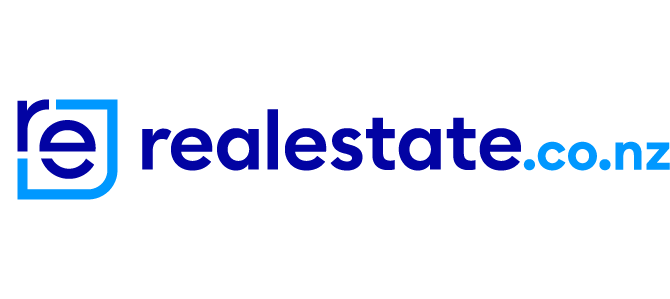According to Statistics New Zealand, there are over half a million business across the country. When it comes to finding commercial space, every one of these enterprises has its own unique needs.
The key to meeting yours is using the best tools possible when searching for space, and making the right decision when it comes to leasing vs buying commercial property. To make your life a little easier, we've put together a walkthrough of the pros and cons of each option.

Is leasing or buying commercial property the best option for your business?
Why lease commercial property?
Leasing commercial property is ideal for; new businesses, start ups, those with limited capital or those looking to grow. That's because it offers a high level of flexibility creating less risk, so that you can focus your resources on building your business.
The specific advantages of leasing commercial property include:
- There's no need to pay a large deposit and purchase fees to secure the space as you would when buying.
- No exposure to the risk of commercial property values decreasing.
- All compliance and regulatory issues are the landlord's responsibility, which may save you time and money.
- It’s easier to move in or move out of the premises should things change.
- You could have more properties to choose from.
- You may even get a ‘rent holiday’ if you sign on for a period of time, allowing you the resources to get your business up and running.
Many hold the view that it's always better to own your commercial premises - but that's simply not true. If buying is a financial stretch for your business, if you value flexibility, or if the commercial market is slowing down in your area, leasing could be your better option.
However, you should keep in mind that the added flexibility may come at a cost as you may be exposed to rent increases or have to move out when or if your landlord sells.
Why buy commercial property?
If your business is stable, you have extra capital and you want to build your wealth - buying your premises could the best option for you. The advantages of buying commercial property include:
- Owning a valuable asset that is likely to increase in value.
- Protection from rent increases.
- Added stability as there's no threat of a landlord kicking you out.
- No landlord or property owner to deal with.
The above advantages could be invaluable as you look to further establish your business and build your personal wealth. However, commercial property rarely comes cheap - the average sale price nationwide is $1.76 million, according to real-time data from realestate.co.nz.
Your purchase price will differ depending on what you buy and where it is. However, assuming you purchase at the nationwide average price, a 35% deposit will be around $600,000.
Apart from the expense you may also be vulnerable to changes in interest rates, or decreases in your property's value. It'll be your job to ensure the building fits all legal requirements, as well as covering costs for insurance, maintenance and rates.

Whether leasing or buying commercial property is the best option will depend on your business's unique needs.
Making the right choice for you
There are considerable advantages to both buying and leasing commercial property. The key to making the right decision is weighing up all the advantages, risks and costs of each option and deciding which will better suit your businesses needs. Once you know what's right for your organisation, start your search on the website with the most commercial property listings in New Zealand - realestate.co.nz.
22 Jun 2018

